Poker can be easy for beginners if you understand the basic rules and strategies. This article will guide you through the essentials of this exciting game, from betting rounds to determining the strongest hand. Join Mcw Casino to discover the key steps, strategies and tips to improve your poker skills.
How to Play Poker?
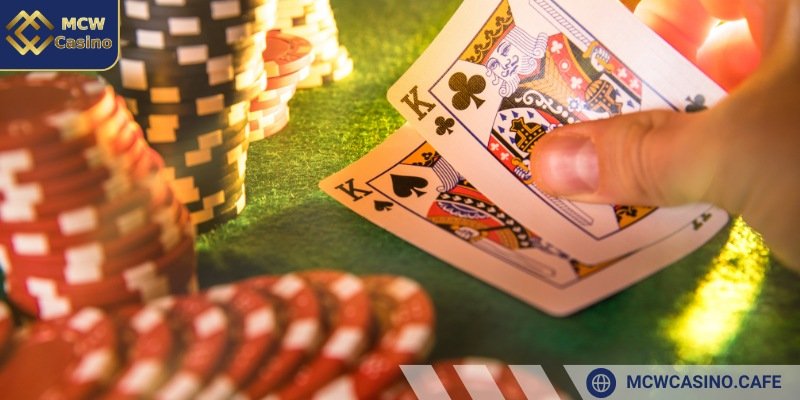
Playing poker requires a combination of strategy, observation and analytical skills. One of the easiest ways to win is to observe your opponents. You can identify their habits, actions and gestures in each hand. Even small expressions can help you make the right decisions, allowing you to control the game.
Effective bankroll management is another important aspect of poker. Only bet when you have a good chance of winning and don’t let emotions dictate your decisions. Patience and self-control will maximize your chances of success in each round.
Poker Rules for Beginners
Understanding the rules is the most important step in learning how to play poker. Mastering these three basic aspects will help you play confidently and effectively.
How Poker Cards Are Dealt
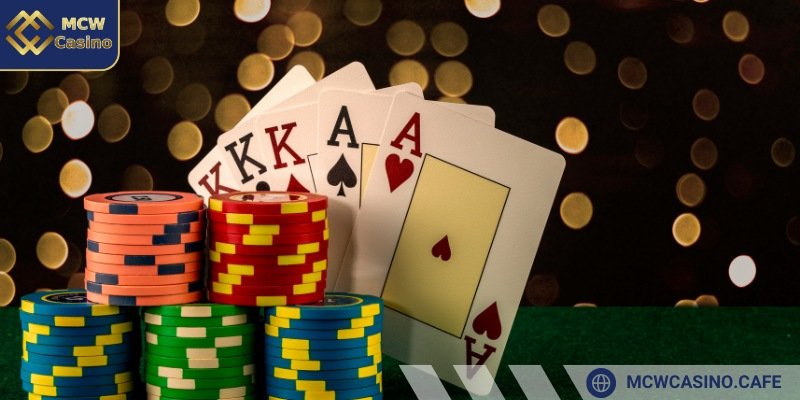
Each hand of poker begins with the dealer dealing two hole cards to each player. These cards are only visible to the players. Five community cards are then dealt face up in three stages: the flop (three cards), the turn (one card), and the river (one card). Each stage is followed by a betting round, during which players decide their next move.
The cards are dealt in a structured sequence, allowing players to build their hands by combining their hole cards with the community cards. Carefully evaluating these cards will help you make informed decisions during each betting round.
Betting Rounds
In poker, each hand consists of at least four betting rounds, which occur after each deal. Players can choose to call (pay their current bet), raise (increase their bet), or fold, based on the strength of their hands. These decisions determine whether you continue playing or fold to minimize your losses.
Each betting round has different bet amounts depending on the rules of the game. These rounds also provide an opportunity to scare or eliminate opponents by betting heavily, adding to the excitement of the game.
Player Actions
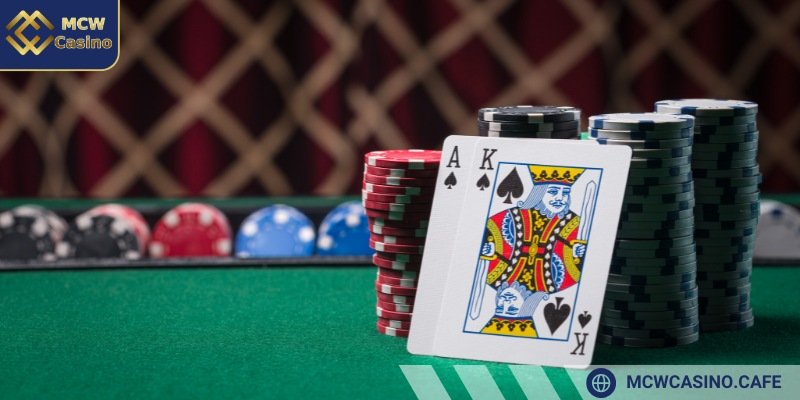
During betting rounds, players can take a variety of actions. If no one bets, you can “check” to pass without betting. If you bet, you can “call” to follow the bet, “raise” to increase your bet, or “fold” if your hand is too weak.
Making the right decisions at each stage is important for managing your bankroll. Bluffing is also a useful strategy—if you have a weak hand, you can trick your opponents into thinking you have a strong hand, forcing them to fold.
Essential Poker Tips for Winning
Here are three essential poker tips to improve your skills and increase your chances of winning.
Watching Your Opponents
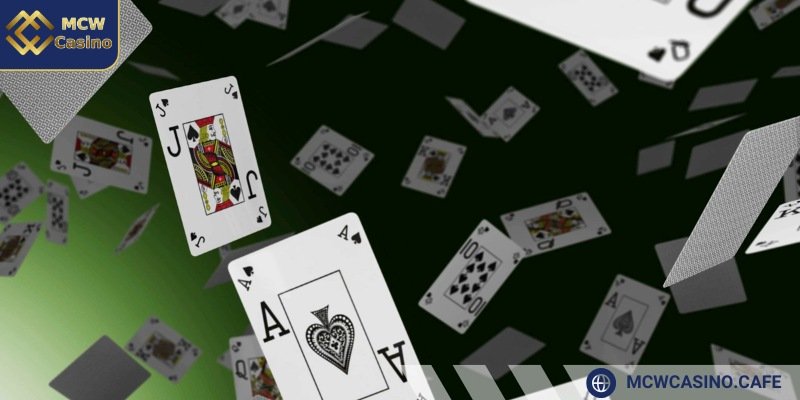
One of the most important aspects of poker is reading your opponents. Their actions, gestures, and betting patterns indicate the strength of their hand. For example, if a player raises aggressively early, they may have a strong hand. Conversely, hesitation may indicate weakness.
Pay attention to non-verbal cues, such as how long they look at their cards or signs of nervousness when betting. These insights can help you adjust your strategy, change your bet size, or even fold when necessary to avoid unnecessary losses.
Manage Your Bankroll
Bankroll management is important in poker. Set a clear budget and stick to it, avoiding over-betting when you are unsure of your hand. Setting personal limits helps prevent emotional decisions and maintains financial stability throughout the game.
A good rule of thumb is to bet only a small portion of your bankroll on each hand, especially when you’re unsure of your chances. Additionally, knowing when to stop—whether you’re on a winning streak or losing too much—helps protect your money and prevent reckless play.
Understanding Odds
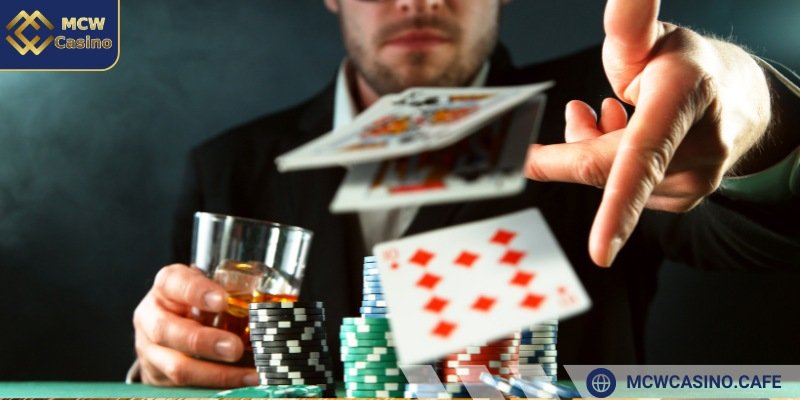
Understanding poker odds is an important skill. Every betting situation has probability calculations that help you decide whether to call or fold. For example, if your odds of improving are low, folding is often the best option to preserve your bankroll.
By understanding the odds calculations, you’ll know when to continue betting and when to stand, helping you avoid costly mistakes. Additionally, identifying high-probability winning opportunities allows you to maximize your profits when the right moment presents itself—like when you need just one more card to complete a strong hand.
Conclusion
Poker is a game of strategy, skill and observation. Always be patient, control your emotions and apply sound strategies to maximize your chances of winning. With this knowledge, you are now ready to join and dominate the poker games at Mcw Casino!

